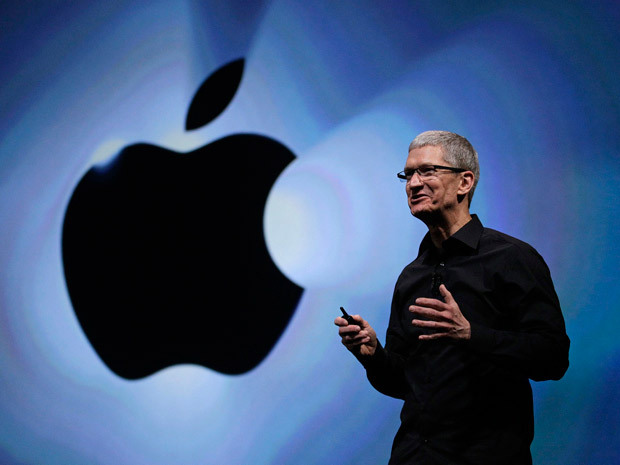
Apple intends to move the assembly of all iPhones for the U.S. market to India by late 2026, as reported by the Financial Times. This shift seeks to lessen dependence on China, where about 80% of iPhones are currently produced, amid ongoing trade disputes and tariffs set by U.S. President Donald Trump.
Apple faced market concerns due to Trump’s tariff policies targeting Chinese goods. While smartphones avoided the heaviest levies, a 20% tariff applies to Chinese imports as part of measures addressing China’s role in Fentanyl production. Imports from India face a 26% duty, lower than the over 100% initially threatened for China, though most tariffs are paused for three months, except for China.
iPhone Production and India’s Role
Producing an iPhone requires over 1,000 parts sourced worldwide, with assembly primarily occurring in China, where experts estimate 90% of iPhones are made. The U.S. market consumes over 60 million iPhones yearly, and relocating assembly to India would demand more than doubling current production capacity there. Building iPhones in India costs 5-8% more than in China, and up to 10% in certain scenarios, due to elevated import duties on components.
Apple has increased iPhone production in India, with suppliers Foxconn and Tata shipping $2 billion worth of devices to the U.S. in March, including $1.3 billion from Foxconn alone. The company chartered cargo flights to transport 600 tons of iPhones—roughly 1.5 million units—to ensure U.S. inventory. Apple operates three factories in India, with two more under construction, and temporarily extended operations at Foxconn’s Chennai plant to Sundays last month.
Other Products and Strategic Discussions
Besides iPhones, over half of Apple’s Mac computers and roughly 80% of its iPads are built in China, while Apple Watches are mostly assembled in Vietnam, per analysis from Evercore. Moving iPhone production to the U.S. remains unlikely, despite Trump’s push for domestic manufacturing, due to high costs.
A source informed Reuters that Apple is conducting urgent negotiations with Foxconn and Tata to meet its 2026 objective, though these talks are confidential. India’s Prime Minister Narendra Modi has promoted the country as a smartphone manufacturing hub, but higher import duties pose challenges. Apple views India as a critical manufacturing base to navigate potential tariff increases, said the source.
Trade War Context and Looking Ahead
Trump’s administration has signaled openness to easing trade tensions with China, which could influence Apple’s strategy. For now, the company is diversifying its supply chain, with India playing a pivotal role, while maintaining significant operations in China due to its robust supplier network.
Apple expects India’s role in its supply chain to grow as it navigates an uncertain tariff landscape. The company believes long-term investments will remain tied to China’s infrastructure, but India’s expanding manufacturing capacity could reshape Apple’s global strategy if trade policies stabilize or shift further.
